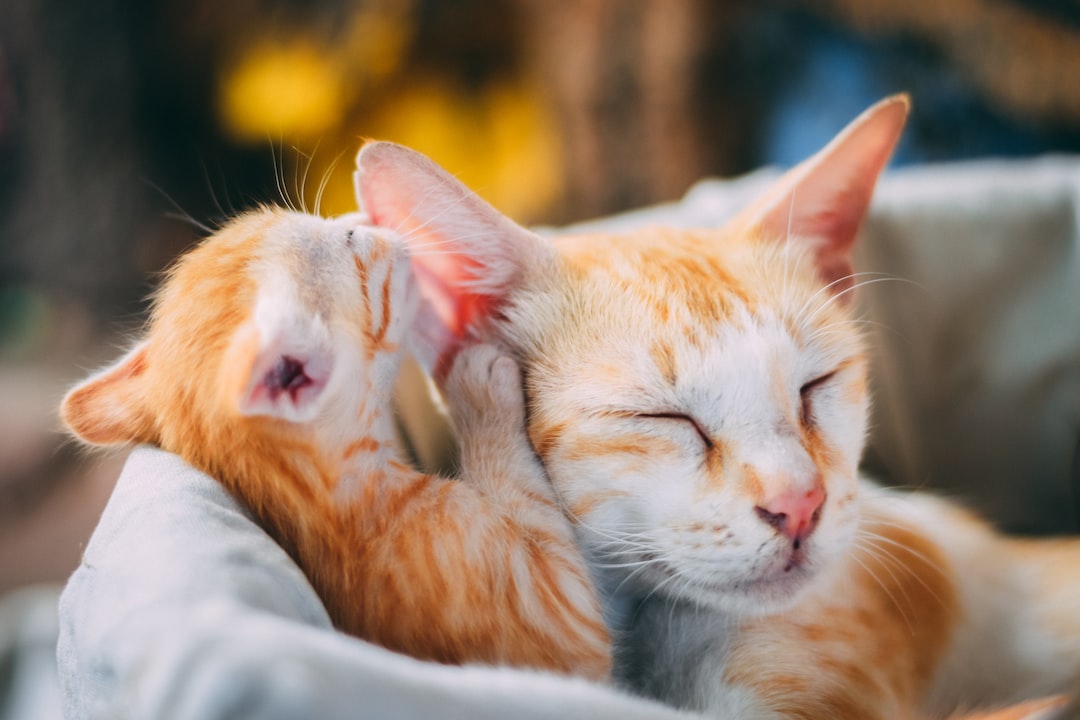Feeding Frenzy: A Comprehensive Guide to Pet Nutrition
When it comes to our beloved pets, ensuring they receive proper nutrition is of utmost importance. Just like humans, pets require a balanced diet to thrive and lead a healthy, happy life. With so many nutrition options available, it can sometimes feel overwhelming to know what is best for your furry friend. In this guide, we will explore the key components of pet nutrition, helping you make informed choices about what to feed your beloved pet.
The first step in providing optimal nutrition is understanding the nutritional needs of your pet. Different animals have different dietary requirements. Dogs and cats, for example, are carnivores, which means they require a diet rich in animal protein. On the other hand, herbivores like rabbits and guinea pigs thrive on a diet consisting primarily of grasses and vegetables. Understanding your pet’s natural diet is a crucial starting point.
Once you know what your pet needs, it’s time to choose the right food. High-quality pet food is designed to provide a balanced combination of essential nutrients, vitamins, and minerals. Look for products that have real meat listed as the first ingredient. Avoid foods that contain a high amount of fillers, artificial additives, and by-products. These additives can be harmful to your pet’s health in the long run.
While commercial pet foods provide convenience, consider incorporating fresh, whole foods into your pet’s diet. Adding lean meats, such as chicken or fish, along with fruits and vegetables can offer additional nutritional benefits. However, it’s important to consult your veterinarian before making any drastic changes to your pet’s diet.
Portion control is another crucial aspect of pet nutrition. Overfeeding can lead to obesity and a host of related health issues, including joint problems and diabetes. Follow the recommended serving size guidelines on your pet food packaging and monitor your pet’s weight regularly. Adjust the portion size as needed to maintain a healthy weight.
Finally, be mindful of any specific dietary restrictions or sensitivities your pet may have. Like humans, pets can develop allergies or intolerances to certain foods. Pay attention to their reactions after eating and consult a veterinarian if you suspect any issues. A hypoallergenic diet may be recommended, which eliminates common allergens.
In conclusion, proper pet nutrition is essential for the overall health and well-being of your furry friend. Understanding their nutritional needs, choosing high-quality pet food, incorporating fresh ingredients, practicing portion control, and being aware of any dietary restrictions are all key components. Remember, when it comes to feeding your pet, a little knowledge goes a long way. By providing a well-balanced diet, you can ensure your pet lives a long, healthy, and happy life.

